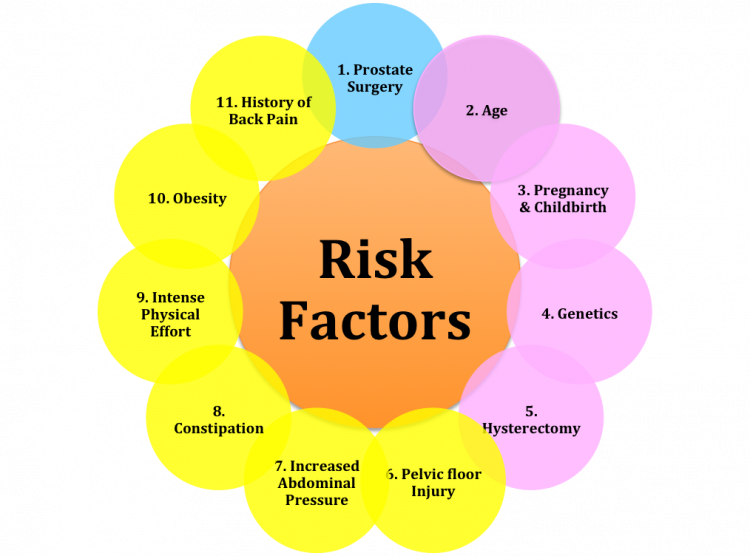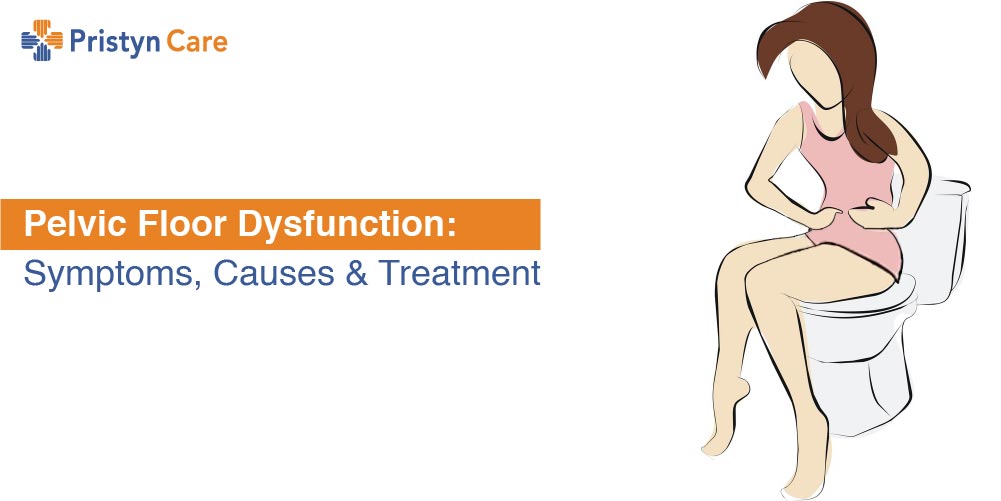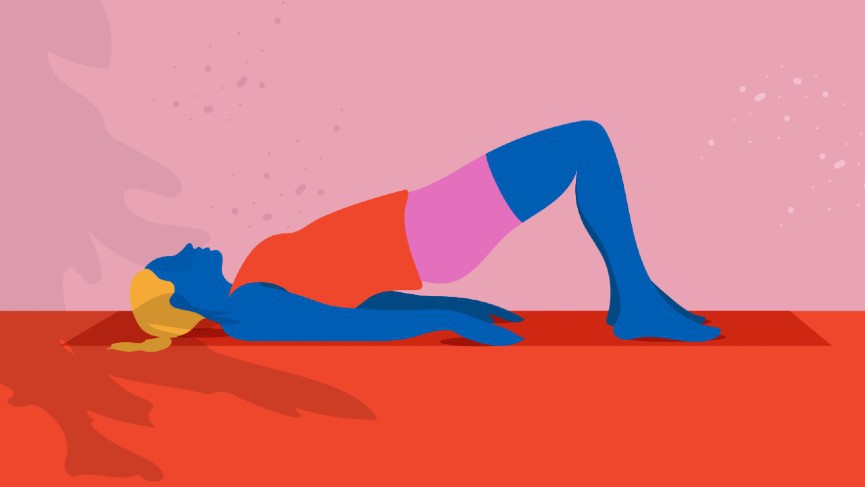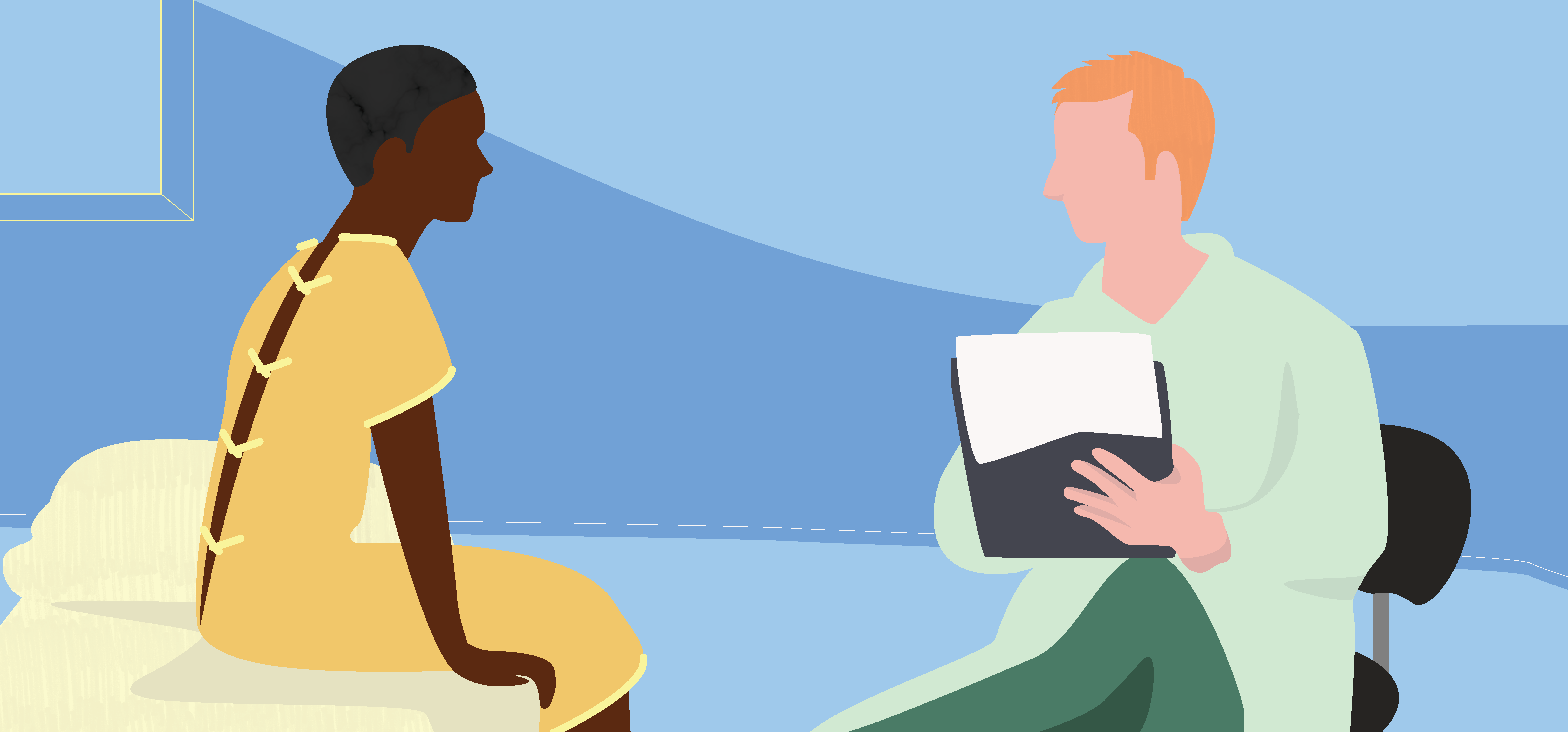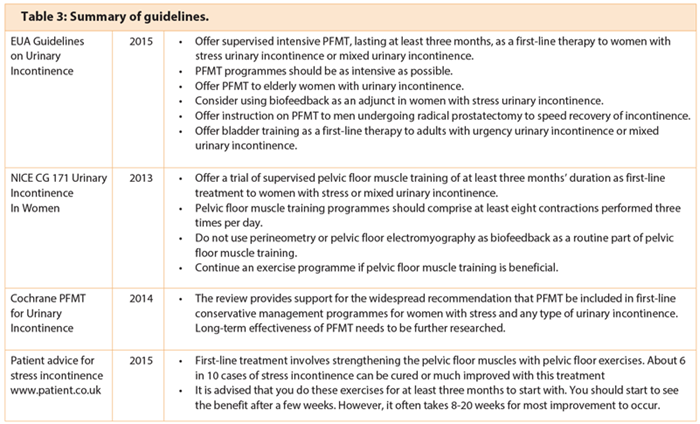Pelvic Floor Dysfunction Caused By Stress

Issues related to.
Pelvic floor dysfunction caused by stress. Stress urinary incontinence and pelvic organ prolapse become more common with increasing age. Kaplan a urologist and co director of the men s health program at mount sinai hospital in manhattan. Pelvic floor dysfunction can cause a variety of symptoms and some can interfere with daily life. In fact it often occurs during times when we have a ton of other stuff going on i e.
If your pelvic floor dysfunction is the result of a rectal prolapse a condition that causes the rectal tissue to fall into the anal opening surgery will loosen the affected pelvic organs. We understand but real talk your pelvic floor. Pelvic organ prolapse or urinary stress incontinence. Pelvic floor dysfunction of at least one major type including a high tone pelvis.
Hormonal shifts changing roles and responsibilities. But being stressed all the time can do a lot of damage to your emotional wellbeing and for women your pelvic floor ok so your pelvic floor might be the last thing you think about when you ve got a million other things to take care of. According to one study 67 5 percent of women have experienced one or more of these problems. Our brain interprets this pain as a threat.
Chronic pelvic pain and stress. Pelvic floor dysfunction can disrupt our routines basic bodily functions relationships and ability to participate in the activities that we love. Specialty physical therapy for pelvic floor dysfunction chronic pelvic pain. The full causes of pelvic floor dysfunction are still unknown.
March 9 2017. Stress can lead to nonrelaxing pelvic floor dysfunction npfd it is more commonly understood that various pelvic floor disorders are due to over relaxed muscles e g. But the most common cause of pain is pelvic floor dysfunction according to dr. In men that means the bladder prostate and bowels.
This increases the likelihood that these disorders can be identified and individuals can begin appropriate treatment. The pelvic floor is a layer of muscles that forms a basket to support the pelvic organs. But a few of the known factors include. Individuals suffering from pelvic pain often report an increase in pelvic pain symptoms with stress and a decrease of pelvic pain symptoms with the reduction of stress and anxiety.
A traumatic event can also cause pelvic pain. Even the slightest increase in anxiety and nervous arousal caused a significant increase in the electrical activity of the trigger points. Stress affects everyone and while small amounts of stress are a normal part of life chronic stress is not. Pelvic floor dysfunction does not occur in a vacuum.


